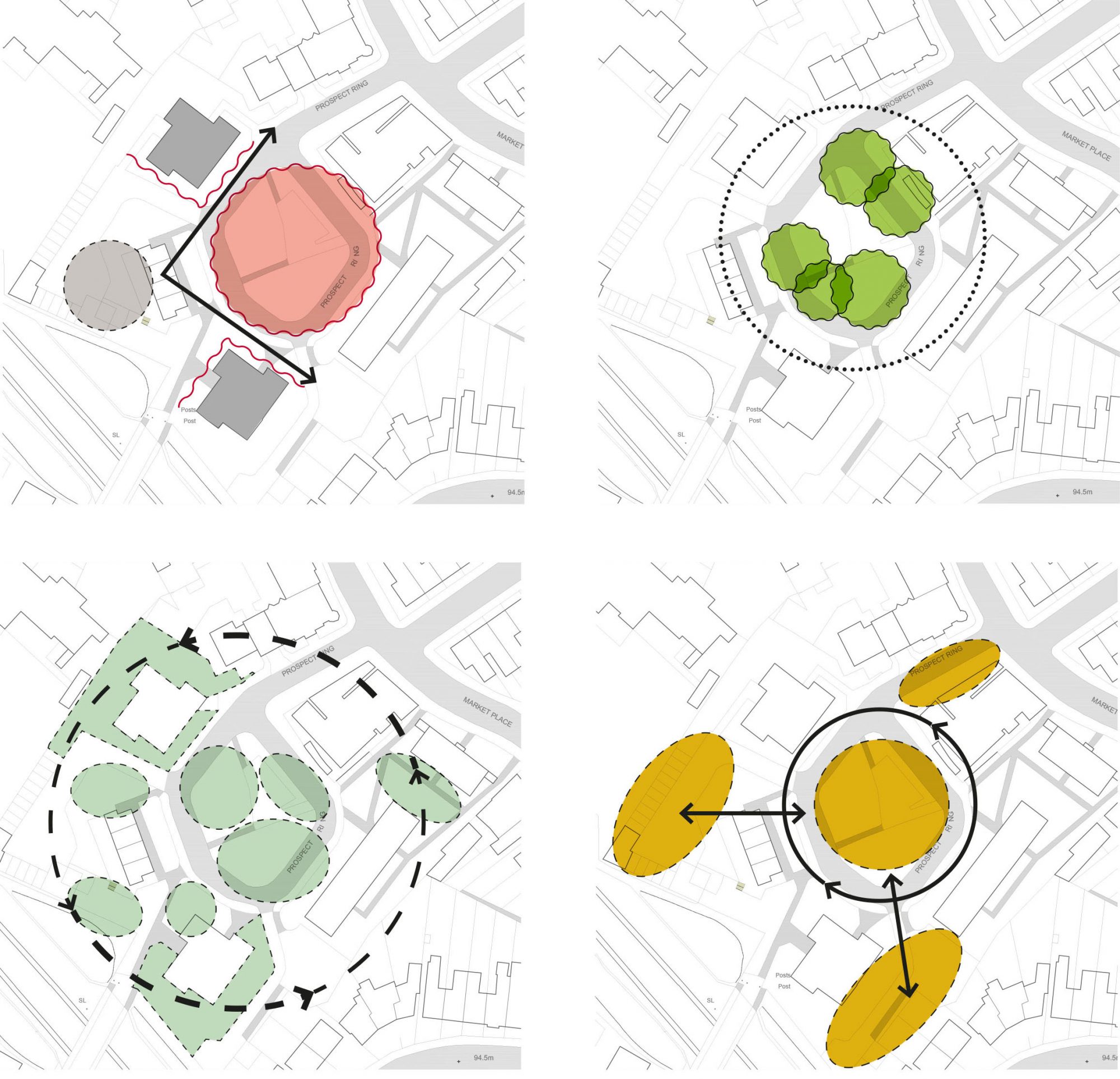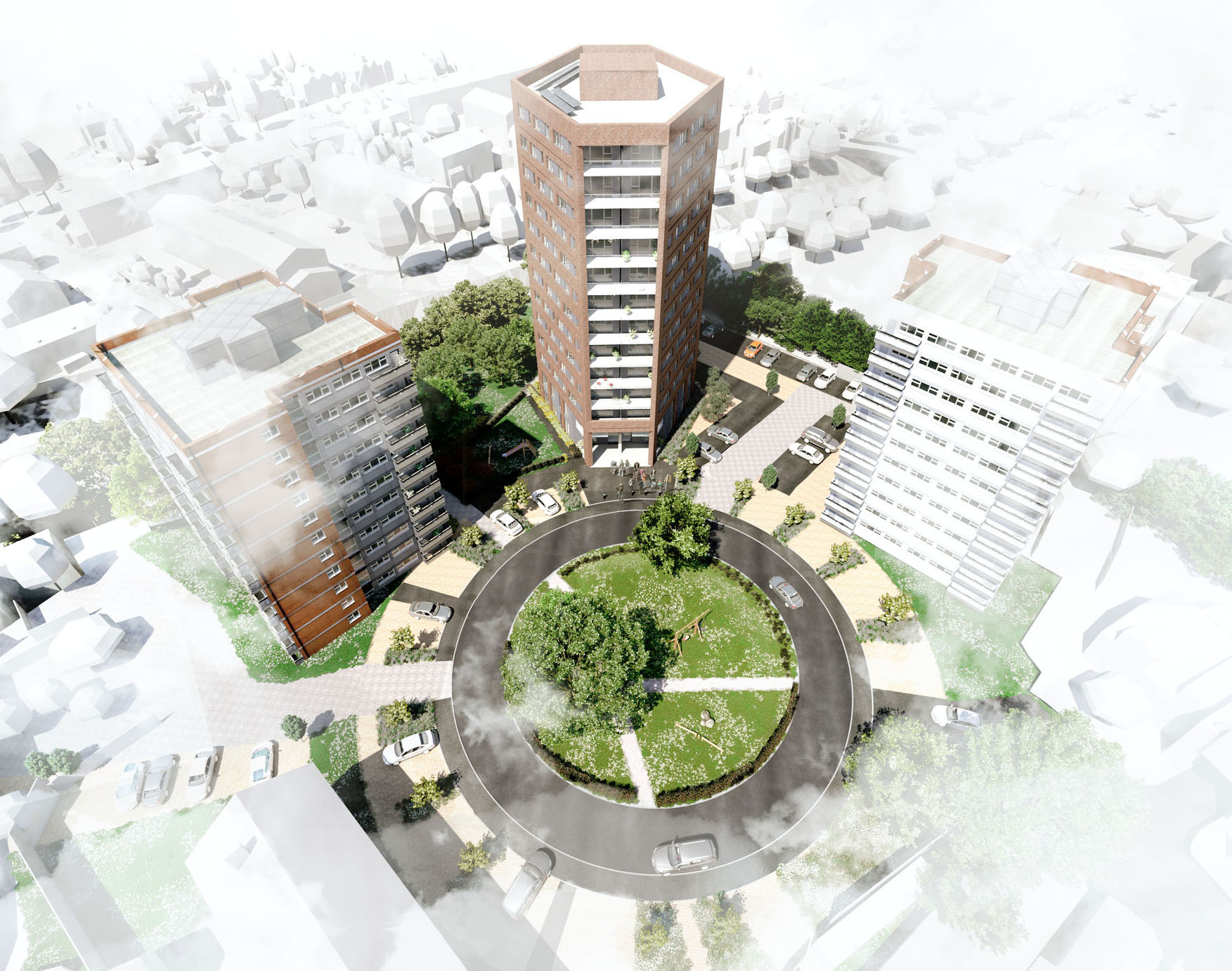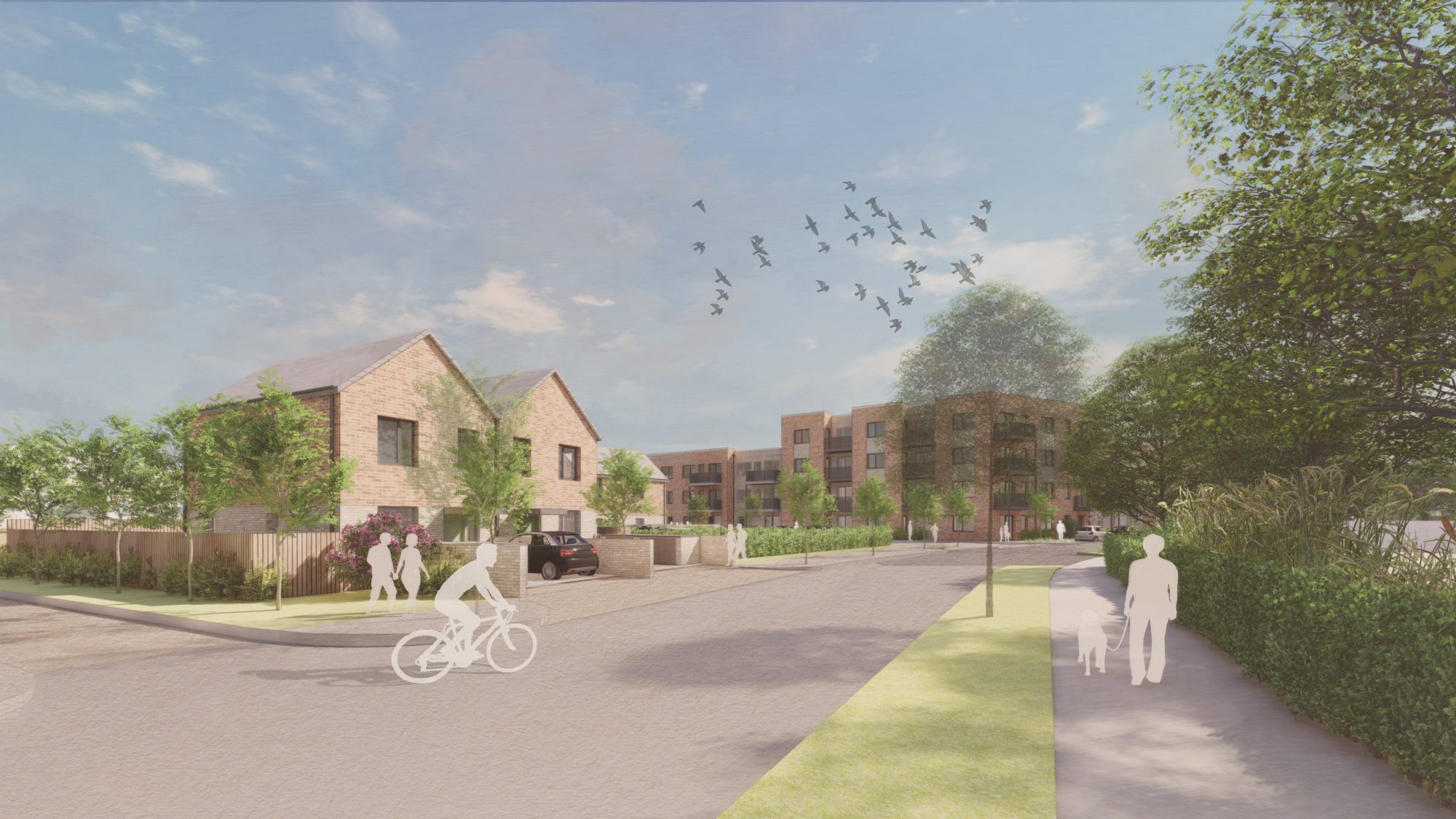16 - 08 - 2021
Featuring BPTW Consultant Katie Parsons for the Housing Forum
Feasibility studies and site analyses are vital to brief formation and can be fundamental in influencing decisions across a project’s development, often guiding the outcomes and successes of a project. Developed for the Housing Forum’s Council’s Workshop, BPTW Consultant Katie Parsons shares her guidance and practical advice on feasibility best practice to council practitioners alongside co-presenters from Red Loft and Cambridge City Council.
Organised to encourage knowledge sharing, the variety of presenters at the workshop allowed discussion topics to emerge from three key development perspectives: the architect’s process led by Katie Parsons, viability modelling by Danny Sutcliffe from Red Loft, and the client’s perspective by Claire Flowers from Cambridge City Council. These expert presentations then led into discussion forums and learning outcomes with participation from practitioners welcomed at all times.
The key learning points from the three discussion topics were summarised as follows:
Brief formation
- Use a design-led approach to site analysis and brief formation that allows the development capacity and residential density to be fully tested early on.
- Provide clear communication at the brief formation stage to understand cross-departmental aspirations and tensions early, supported by good senior leadership. This will allow a clear project direction to be agreed that delivers the necessary outcomes.
- Recognise the importance of political support at the early stage, achieved through a well-considered political strategy.
- Identify ‘easy win’ development sites early in the development programme to learn and build momentum, for instance using a development potential traffic light system.

Balancing viability and costs
- Develop accurate option appraisals and feasibility studies that account for project risks, such as underground services, and can be used to obtain a fuller understanding of development costs before proceeding with a project.
- Complete accurate financial and viability assessments to clearly articulate project outcomes. These assessments can inform discussions concerning development, allowing a pragmatic decision to be made based on what is best for the council.
- Use feasibility studies to fully interrogate how different tenure mixes can impact a project’s viability, allowing a council to better understand how its development options can improve viability and achieve longer-term goals, e.g., increasing social housing provision through cross-subsidy.

Delivery models
- Continued collaboration with other partners can be a beneficial way of sharing and learning from delivery experience to improve development momentum.
- Review the delivery method periodically and appreciate that a ‘one size fits all’ approach may not always be appropriate. These reviews will allow the delivery model to be responsive to changing project briefs and outcomes.
- Make use of wider council facilities to assist the early stages of delivery model selection. For instance, achieving greater certainty on land use with an Area Action Plan and agreement on development principles can reduce risk and offer a clear way forward with delivery partners.
- Asses the additional benefits of delivery models during selection, such as the opportunity to fill or bolster any gaps of experience and knowledge within the council organisation through collaboration with others or introduce collaborative training to improve in-house skills.

BPTW is an active participant of the Housing Forum and its Partners and Directors have contributed to many talks and events to raise the quality of housing in England. You can read more about their contributions to the Housing Forum and other thought pieces on our Insights page.
Katie is a Consultant for BPTW. She has been instrumental in the design of residential and regeneration schemes of varying scales and has recently provided architectural direction for BPTW’s growing work in Cambridge and Hertfordshire.


